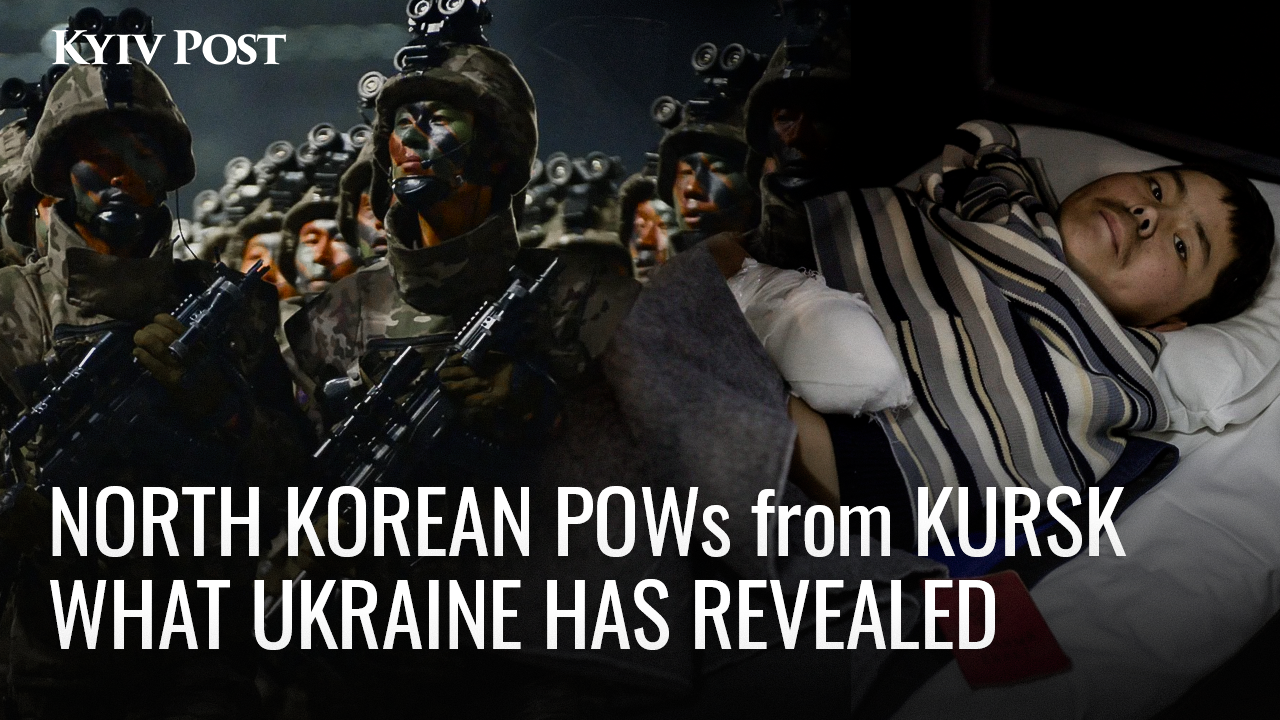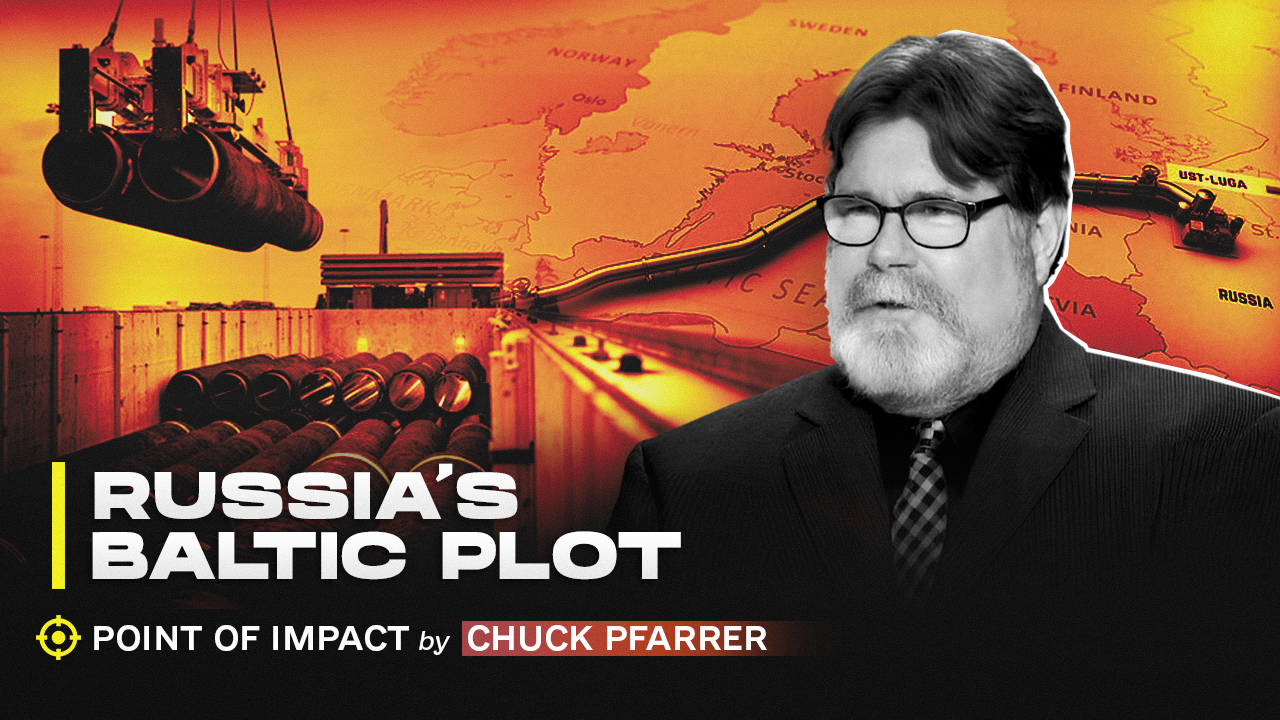Everyone feels a ripple of warmth for the word “multi” in politics. Without knowing what it qualifies, it implies that what is about to be served up is expansive and capacious in its scope, fundamentally democratic in its intentions, and inclusive in its structure.
We are accustomed to words that encourage this assumption: multifarious, multidimensional, multilateral, multitudinous, multiply, multinonsense (I made that last one up, but more on that later). So what’s the surprise? The very word is derived from the Latin multus meaning much or many.
JOIN US ON TELEGRAM
Follow our coverage of the war on the @Kyivpost_official.
It’s no wonder that people seize upon this wily little word when they want to propose a vision for Ukraine.
In the world of politics and human morality, are solutions always many? Is it true that when faced with a situation, such as Ukraine’s choice of its future or the solution to this war, that there are many possible ways forward? What exactly is this prefix doing hanging around in this political neighborhood?
To answer this question, sometimes it’s best to bypass the generalities and the hand-waving and get down to some specifics, to explore whether multi has some serious work to do or whether it is a dangerous reprobate from the bad side of town. Let me start here and then come back to some words about the general.
The abominations committed in Ukraine demand statements of abhorrence by anyone who maintains a semblance of decency… A neutral view on the matter cannot be hidden behind a façade of multivectoral anything.
The multivectoral fallacy
One context in which multi has quietly crept into discussion about Ukraine is in the notion of a so-called “multivectoral” foreign policy. The word refers to the idea of tackling global problems by alliances that come or go in many directions. This isn’t a new concept. In its raw pragmatic form, it usually reflects a nation’s caution in hedging its bets and maximizing the number of beneficial alliances whilst minimizing the number of alienations it induces from its actions on the global stage. In this sense, in a game-theory sense, it is rational. Most nations implicitly engage in “multivectoral” behavior.

‘We Are Blocking Propagandists’ – Zelensky Imposes Sanctions on Pro-Russian Politicians
However, in the case of the attack on Ukraine, a claim that non-engagement is based on a multivectoral policy is disingenuous at best, morally vacant at worst. The abominations committed in Ukraine demand statements of abhorrence by anyone who maintains a semblance of decency, no matter what their relation to Russia. A neutral view on the matter cannot be hidden behind a façade of multivectoral anything, no matter how much you might wish to display an independence from the West.
Non-aligned and politically unprincipled
Living in the same house as the multivectoral nation, is its equally disreputable twin brother, the “non-aligned” nation. There is no such thing as a “non-aligned” nation. Every political statement or view is an alignment to some position. Even silence is a political statement of a kind. For example, “our nation is not aligned with the West” is an explicit statement that the foundational values that the West espouses are not ones with which you wish to align. That’s a position about as strong as they come.
Being non-aligned with Western countries is fine, just so long as you have the honesty to explain exactly what alternative political and economic system you do align to, how you want to see humanity managed (and the evidence for why that is a better choice compared to those systems from which you wish to remain “non-aligned”), and who your allies are and why. Without this clarity, the non-aligned nation is merely an unprincipled nation.
Characterizing yourself by what you disagree with is always doomed because in this negation you define yourself by the very thing you claim to abhor.
Multipolar
Another fashionable idea is the concept of a “multipolar world.” I don’t know where this phrase originated, but it is certainly one that was mobilized by Alexandr Dugin in his book “The Theory of a Multipolar World,” a tract which apparently has been influential in framing Russia’s view of the world, including in this war.
On a general level, the idea of a multipolar world, in other words, a world of different cultural centers, different histories and outlooks, is not a bad idea. Indeed, I would be confident to say that anyone who believes in freedom of expression, religion, and assembly would find the idea of the world settling into a cultural patchwork a logical outcome of that tendency. A multipolar world should be the result of the healthy heterogeneity in humanity’s rich diversity and history.
Where the idea of a multipolar world fails is when it is motivated by an anti-Western drive. Characterizing yourself by what you disagree with is always doomed because in this negation you define yourself by the very thing you claim to abhor. Instead, to challenge what you dislike, you must explain exactly the details of your alternative and then let others decide whether they like it better and whether they want to join you voluntarily. That last word is rather essential.
Without the voluntary, a multipolar world degenerates into a set of hegemonic states bullying, coercing and assimilating their neighbors in a dog-eat-dog world devoid of mutually agreed rules of human conduct. This is a world afflicted by the worst failures of hegemony and empire to which it claims to be the obverse. Russia’s invasion of Ukraine is a demonstration of this catastrophe.
In Dugin’s work on the multipolar world, he places Ukraine in the “Eurasian integrational zone” as opposed to, for example, the Western integrational zone, or the Chinese or Hindu integrational zone for that matter.
But wasn’t the idea of a multipolar world to avoid the presumed hegemony of a unipolar world and instead to let people decide for themselves what they want to be? If we were to build a peaceful multipolar world, then perhaps everyone, including Ukrainians, should decide for themselves to which so-called integrational zone they aspire?
There is no multi about Ukraine. The invasion of a sovereign nation and the scale of the death and destruction are singular in their meaning, and they require singularity in their response.
Opportunism vs. doing the right thing
To return to the general. The danger of political words like multipolar and multivectoral is that they have the imprimatur of reasonableness. To oppose any word that contains the word multi seems to imply restrictiveness, narrow-mindedness, constriction, circumscription, limits, all those words that are the antonyms of open-mindedness. If you argue against someone’s vision of a “multi” something, you must surely be protecting special interests, or an elite?
Yet what seems essential to understand is that the word multi in political matters is often a way to abnegate moral responsibility, to shirk standing against what is self-evidently wrong, or to confuse a pragmatic desire to keep options open with doing the right thing. When any of these are the case, then these multi words become multinonsense. They stand only against what the protagonist wishes to oppose (usually the West); they signify no statement of principle; they provide no real solution; and often, they never provide more appealing and concrete alternatives for the organization of humanity.
There is no multi about Ukraine. The invasion of a sovereign nation, the scale of the death and destruction caused and the propagandist statements about the destruction of Ukraine itself, are singular in their meaning, and they require singularity in their response. To end this war, the number of nations and people that grasp this needs to multiply.
The views expressed in this opinion article are the author’s and not necessarily those of Kyiv Post.
Charles Cockell is Professor of Astrobiology at the University of Edinburgh.
You can also highlight the text and press Ctrl + Enter













